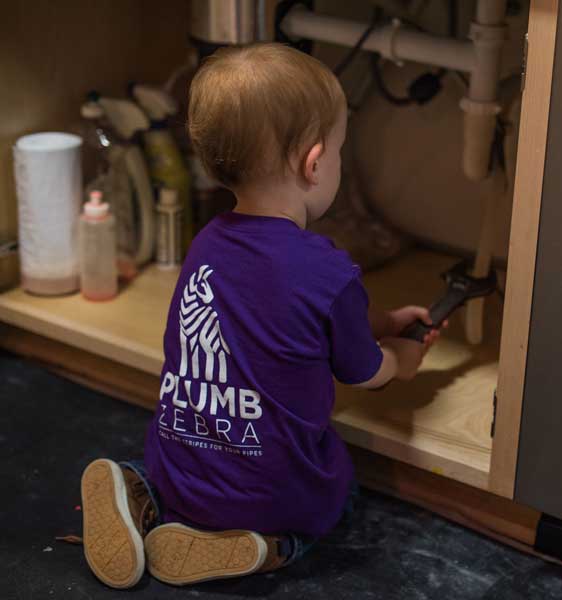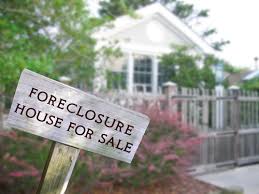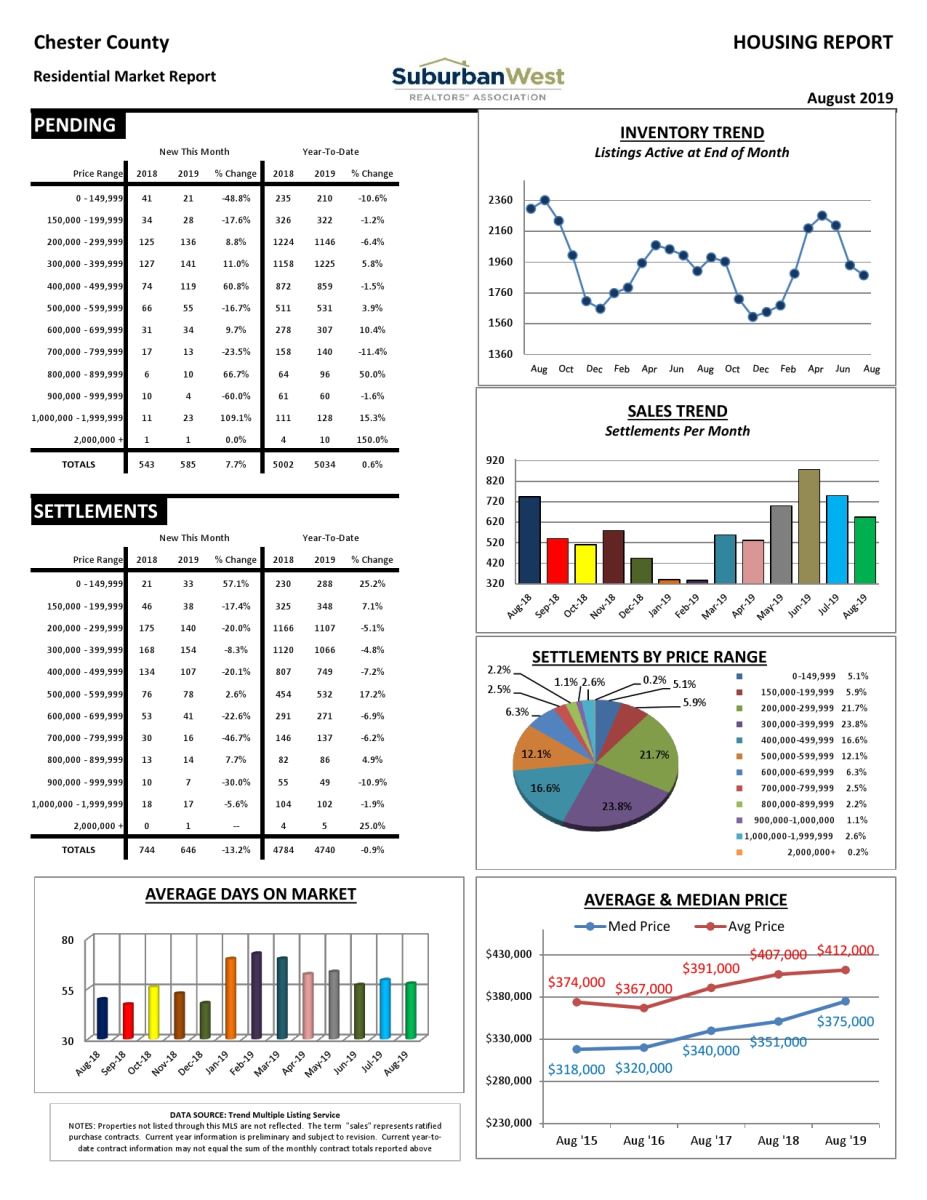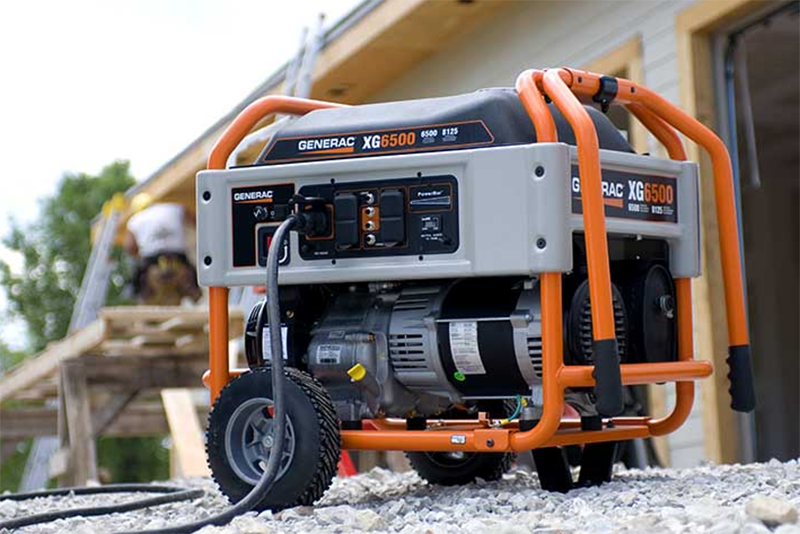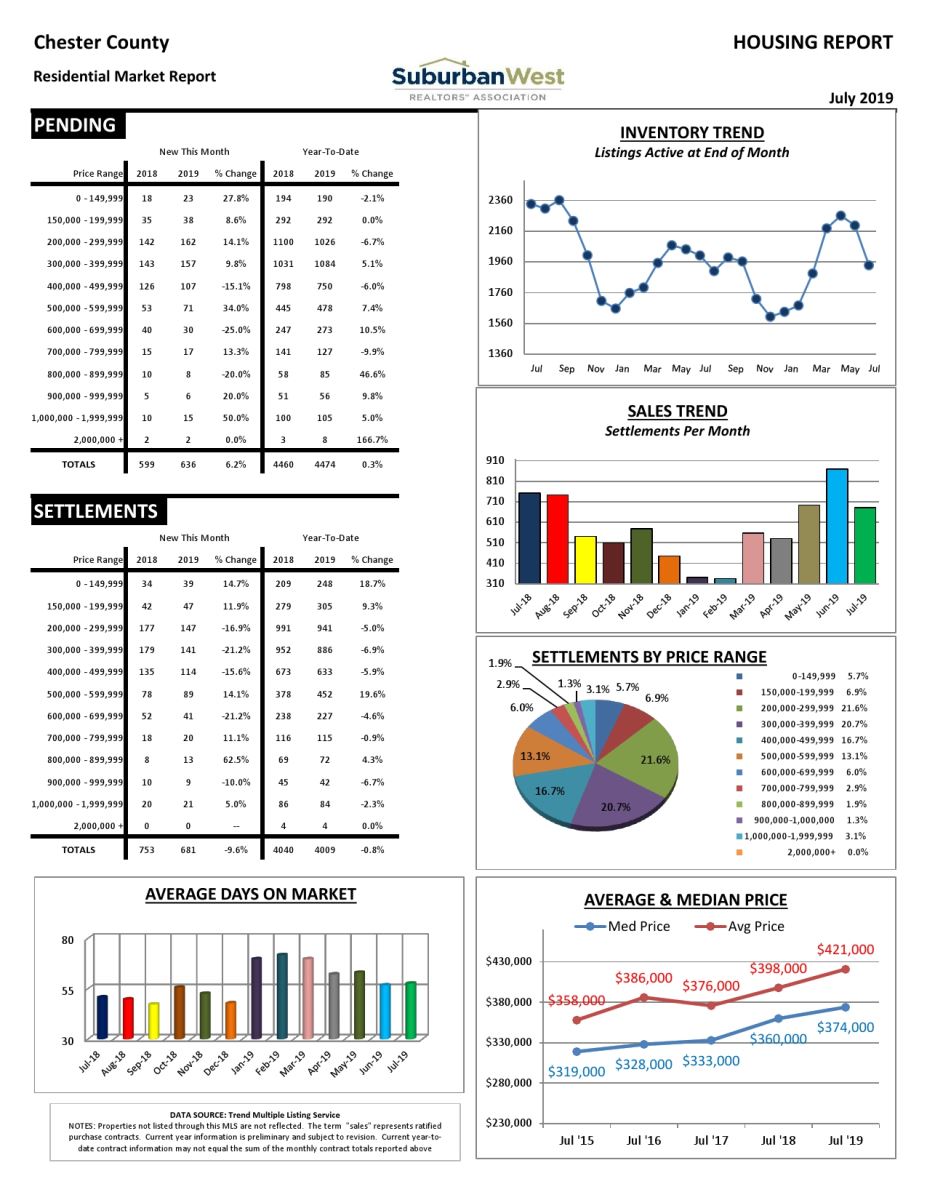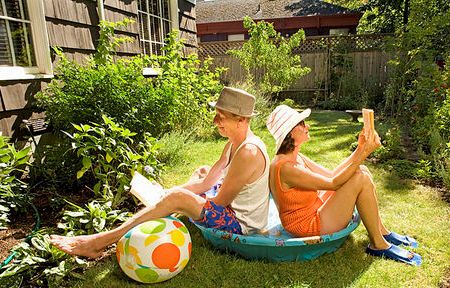Trick-or-Treat Home Safety Tips!
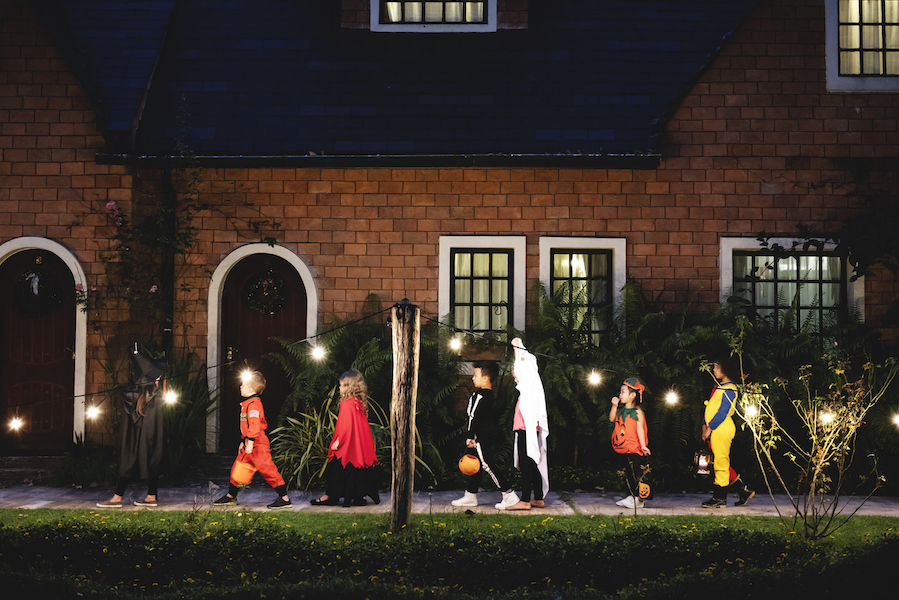
It won’t be long before the streets of your neighborhood are filled with children, and some parents, who will be costumed and carrying bags and buckets for Halloween treats! Since many homeowners don’t regularly use the front entrance to their home, they may not think about all the little feet that will be tramping up the path to your door. Make sure everyone has a safe trip for their candy by following these tips before October 31!
-
- Do your own walk-up to your front door, and examine everything, including the driveway and front steps. Make sure there are no loose pieces or large cracks that can cause anyone to take a tumble. Porch railings should be secure.
-
- Yard decor should be fixed securely so the wind can’t blow it over, or curious little hands cannot pull it down.
-
- Battery-operated LED tea lights are inexpensive and much safer to use in place of lighted candles. Many options are available for LED’s, including a flickering light that is perfect for your jack o’ lantern.
-
- Speaking of lights, make sure that not only is your porch light switched on, but that the path you’ve created is well-lit.
-
- Decor that hangs from the trees is scary and fun, so make certain they are hanging at least ten feet from the walkway, making certain they don’t obstruct anyone’s view.
-
- Take an afternoon close to Halloween to be sure any shrubbery, trees or edging isn’t in the way of where trick-or-treaters must walk. Inspect for loose branches in nearby trees and remove them.
-
- If you have room in the garage, consider parking the car there. The folks that are coming and going would likely appreciate the extra room to pass others.
-
- A constantly-ringing doorbell or persistent knocking can cause your pets some distress and a lot of barking. Confine them to a room, or even better, to their crate. Check out these other great tips about your pets and Halloween from the ASPCA.
-
Courtesy of Chester County PA Realtor Scott Darling.
Photo credit: asecurelife.com
